Linux is a great tool as it offers excellent customization options and impressive ease of use, so here are the best Linux operating systems to try.
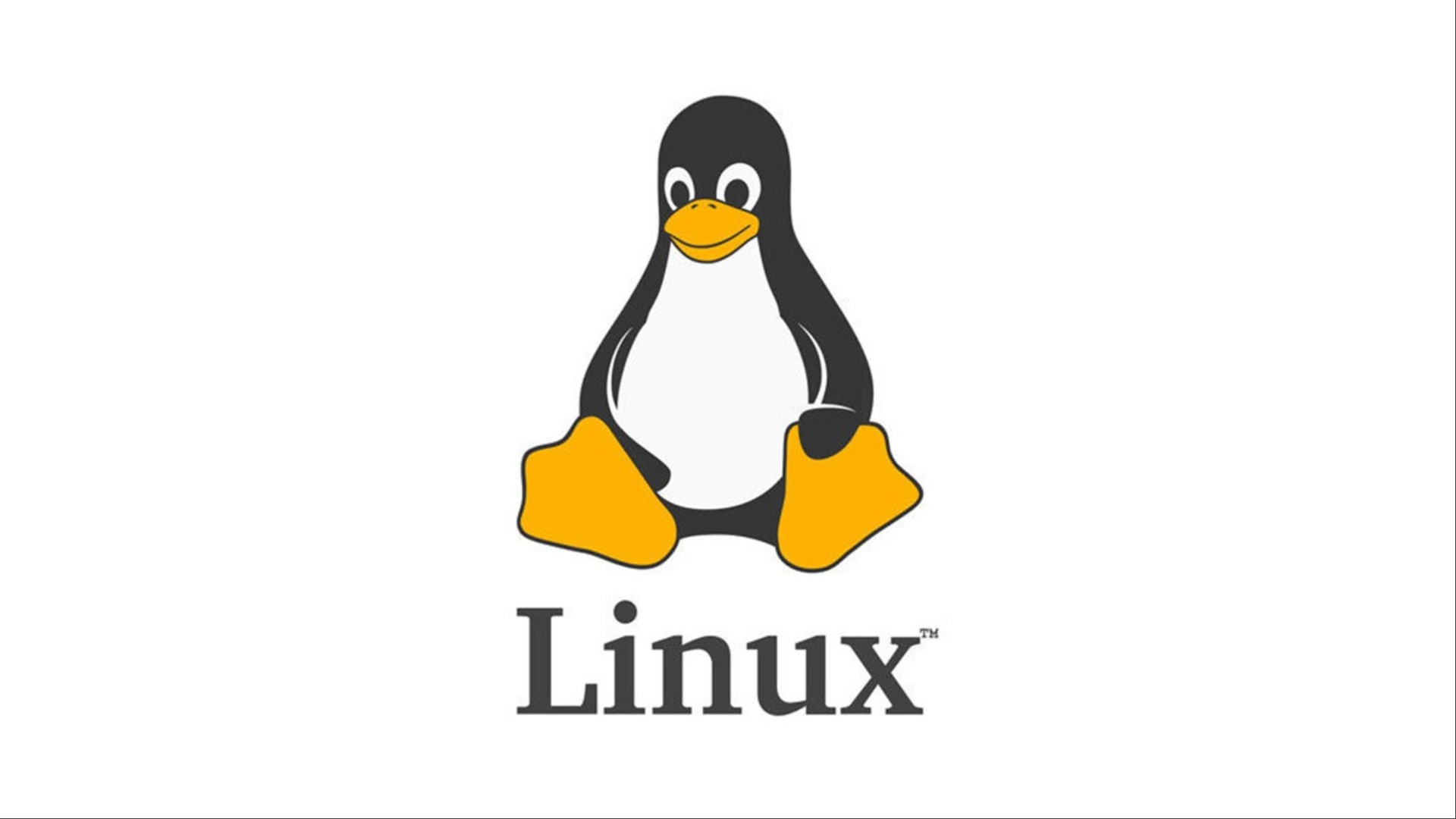
Linux is an open-source operating system that rivals Microsoft’s Windows and Apple’s MacOS while being available for free. It was created by Linus Torvalds in 1991. This powerful operating system is a go-to product for developers and professionals and is used in some of the most powerful supercomputers.
Linux stands out for its accessibility and ease of use. A Linux distribution or distro is a customizable, open-source operating system based on the Linux kernel. It is available as both binary and source code.
In this article, we will look into the seven best Linux operating systems.
7 Best Linux Operating Systems
As a powerful operating system, Linux is a great platform for developers who want a more customized experience. Here are seven Linux distros that you could start using today.
1. Ubuntu
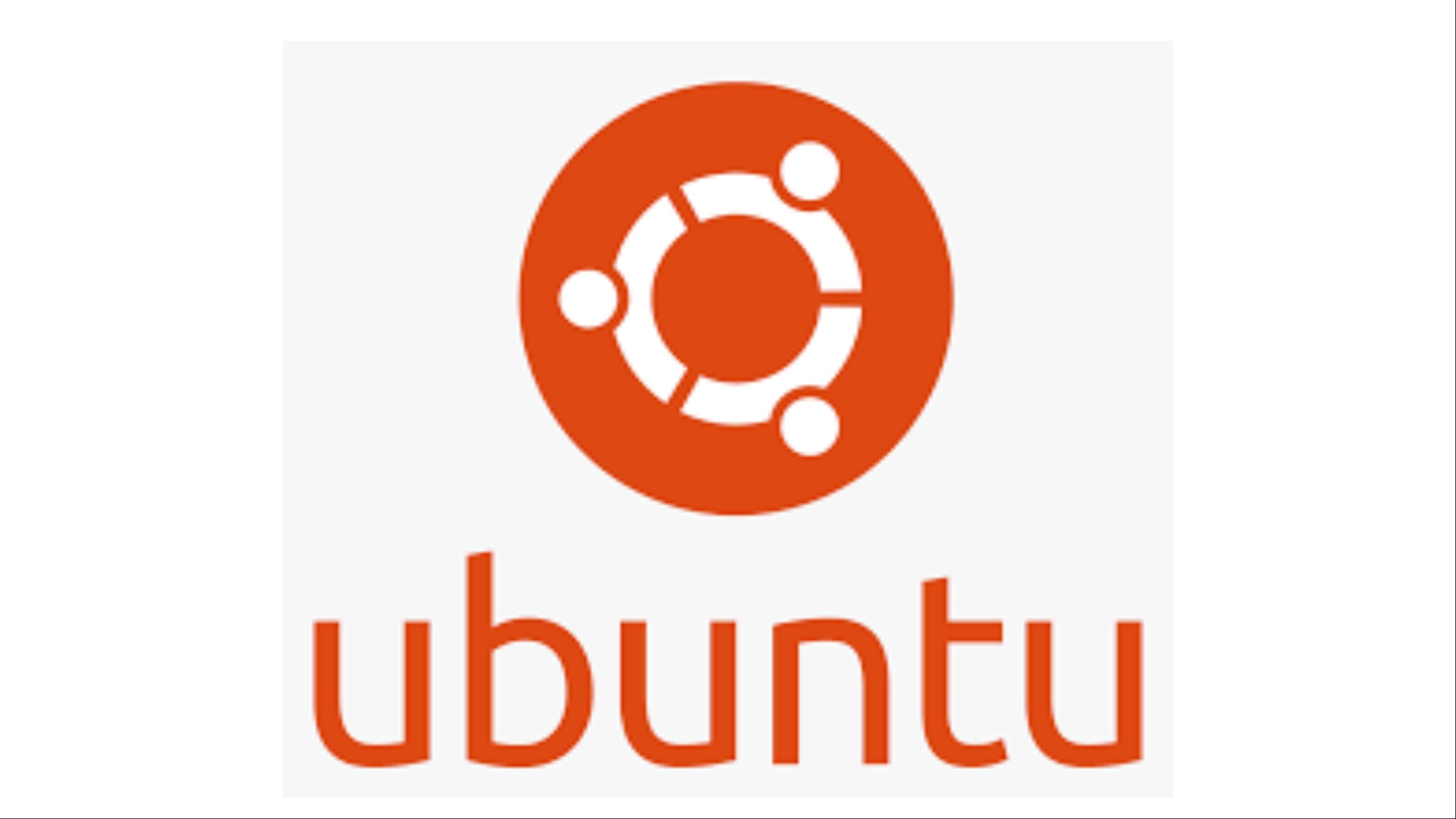
Ubuntu is a distro with its own GUI (graphical user interface) based on the Linux open-source operating system. It is the most popular Linux-based operating system geared towards beginners as it has an easy learning curve. However, it is powerful enough for even professionals to use it on a daily basis. The minimum requirements to run the software are low, making it an ideal choice for many people starting out.
Ubuntu has a vast array of software packages, making it easy to install and manage applications from different sources. It even offers better hardware capabilities out of the box.
System Requirements
- 2GHZ Dual Core CPU
- 4GB RAM
- 25GB HDD
- CD/DVD Drive
2. Arch Linux
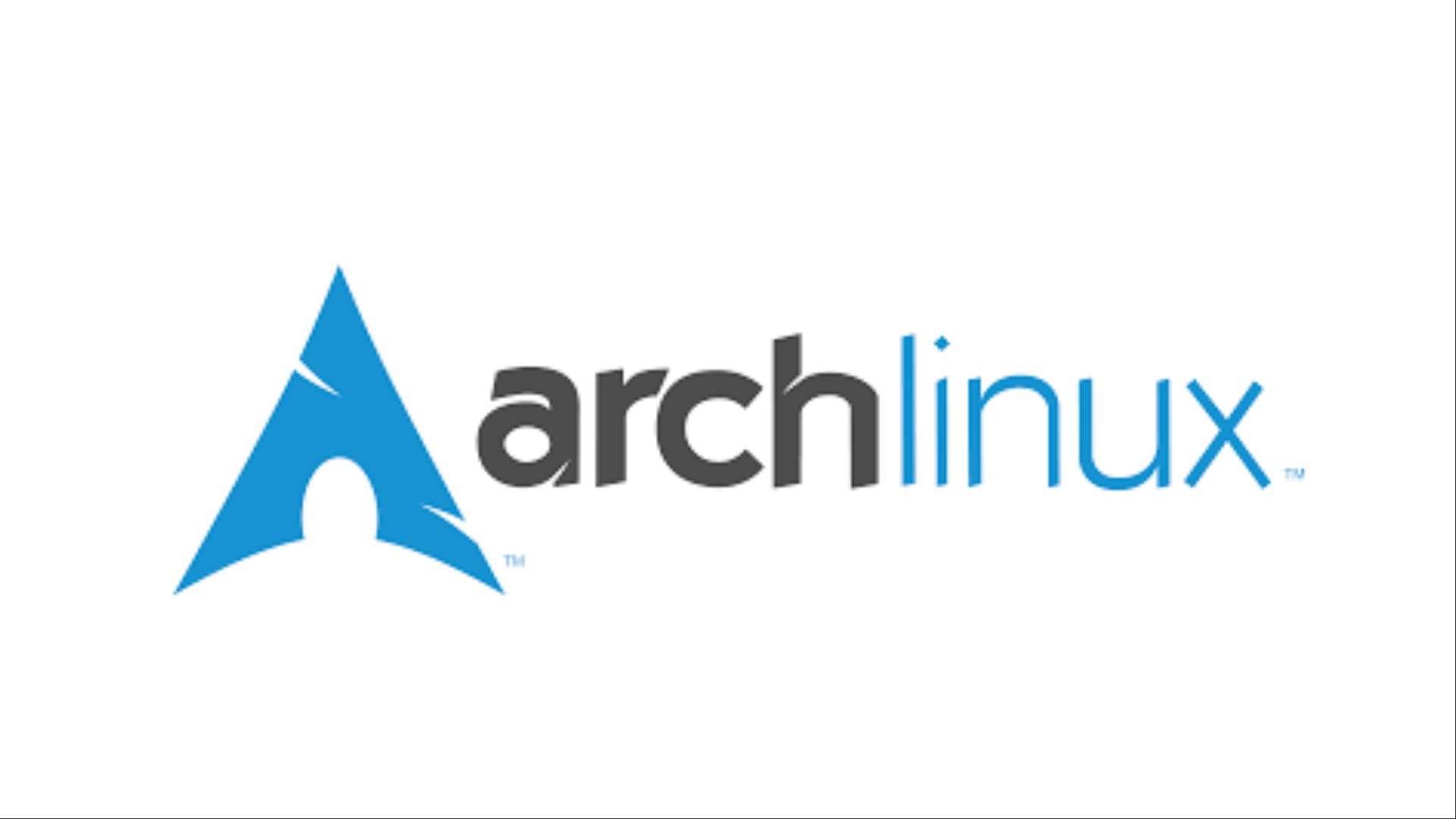
Known for its customizability and user-friendly nature, ArchLinux is a great software for those who are looking for an OS with great stability. It is also very easy to run on computers with older or low-end hardware.
System Requirements
- 512MB RAM
- 20GB HDD
- X86-64
- Internet access
3. Fedora
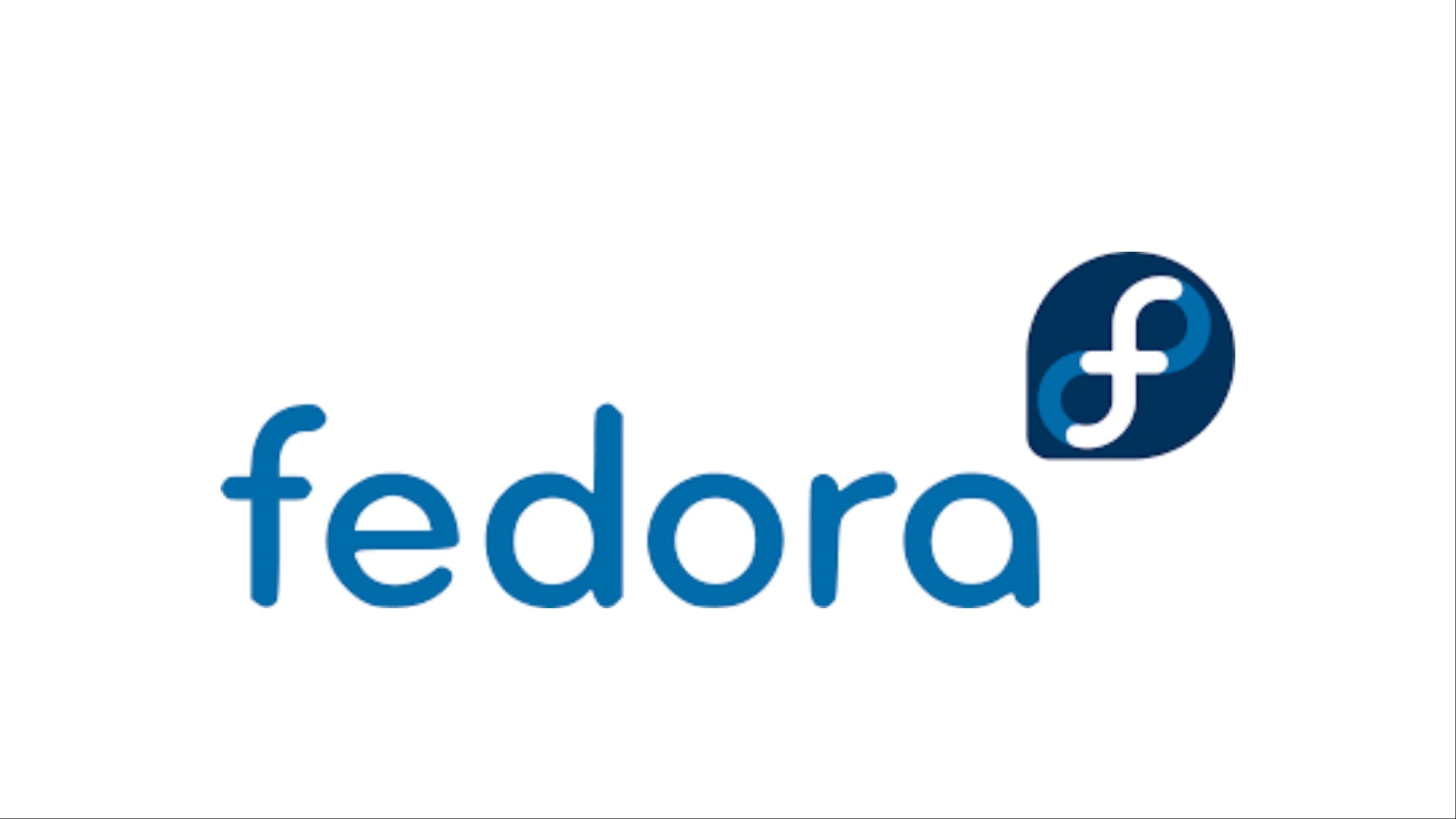
Fedora, with its wide array of features, offers an intuitive user experience. It is loved by beginners and professionals alike. It is also a great medium for a gaming OS, allowing for some really fast software updates on the go.
System Requirements
- 2GHZ Dual Core CPU
- 4GB RAM
- 20GB HDD
- VGA 1024*768
4. Elementary OS

With a minimalistic look similar to the MacOS, this OS is totally made while keeping new users in mind. It is unique, easy to use, and barely takes a few minutes to set up to your needs. It is very customizable with an elegant look and feel to it. The base requirement to run the OS is decent, allowing for old machines to run it smoothly.
System Requirements
- Intel i3 or Dual Core CPU
- 4GB RAM
- 32GB HDD
- Internet access
5. Cent OS Linux
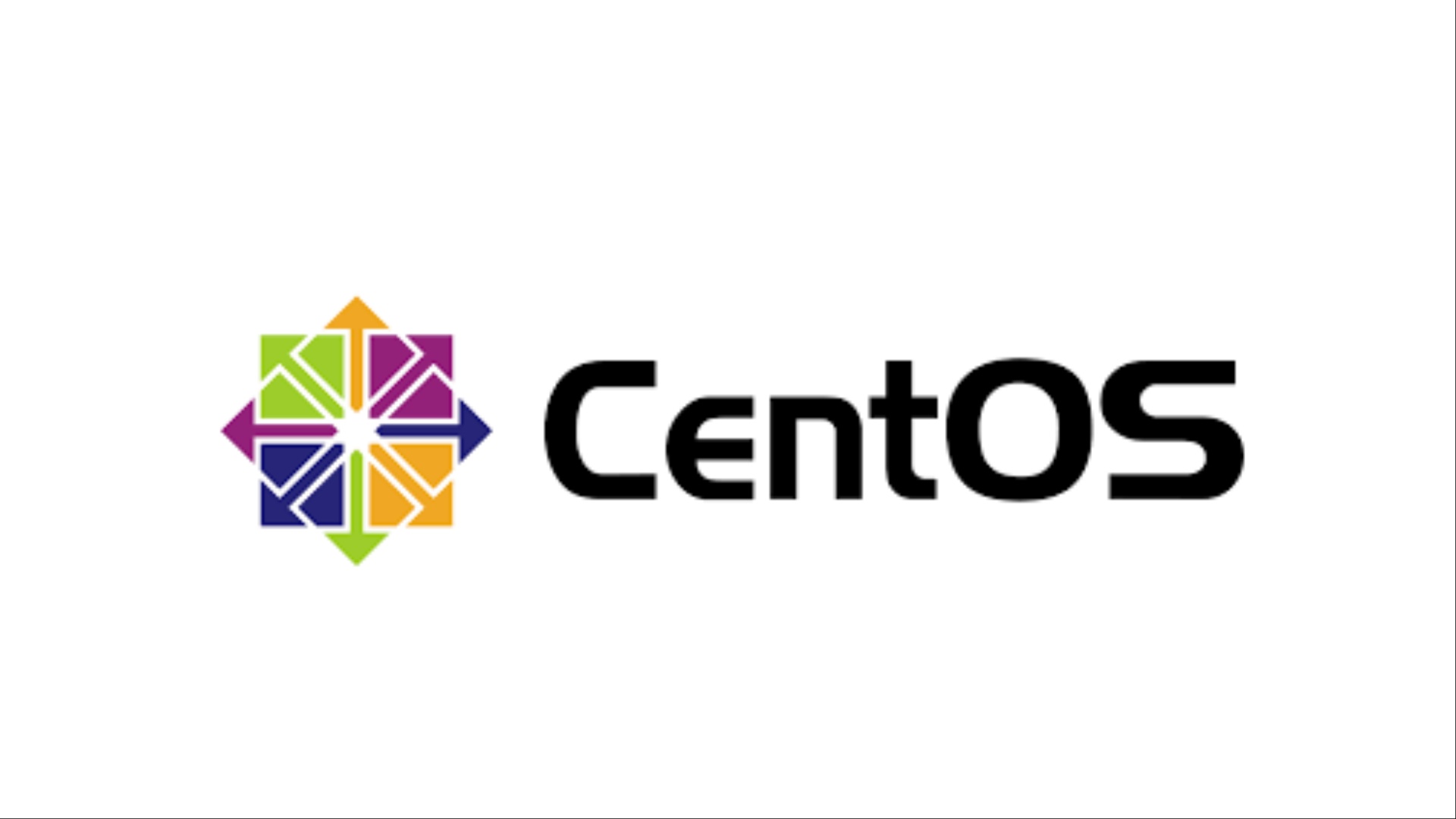
Cent OS Linux is made keeping business owners in mind, so it has a very stable and user-friendly interface. It can be a go-to for enterprise workload or for cyber security OS. It has a 64-bit architecture, which allows for more than 4GB of system memory, making it future proof.
System Requirements
- 1.1GHZ CPU
- 1GB RAM
- 20GB HDD
- 64-bit
6. AlmaLinux
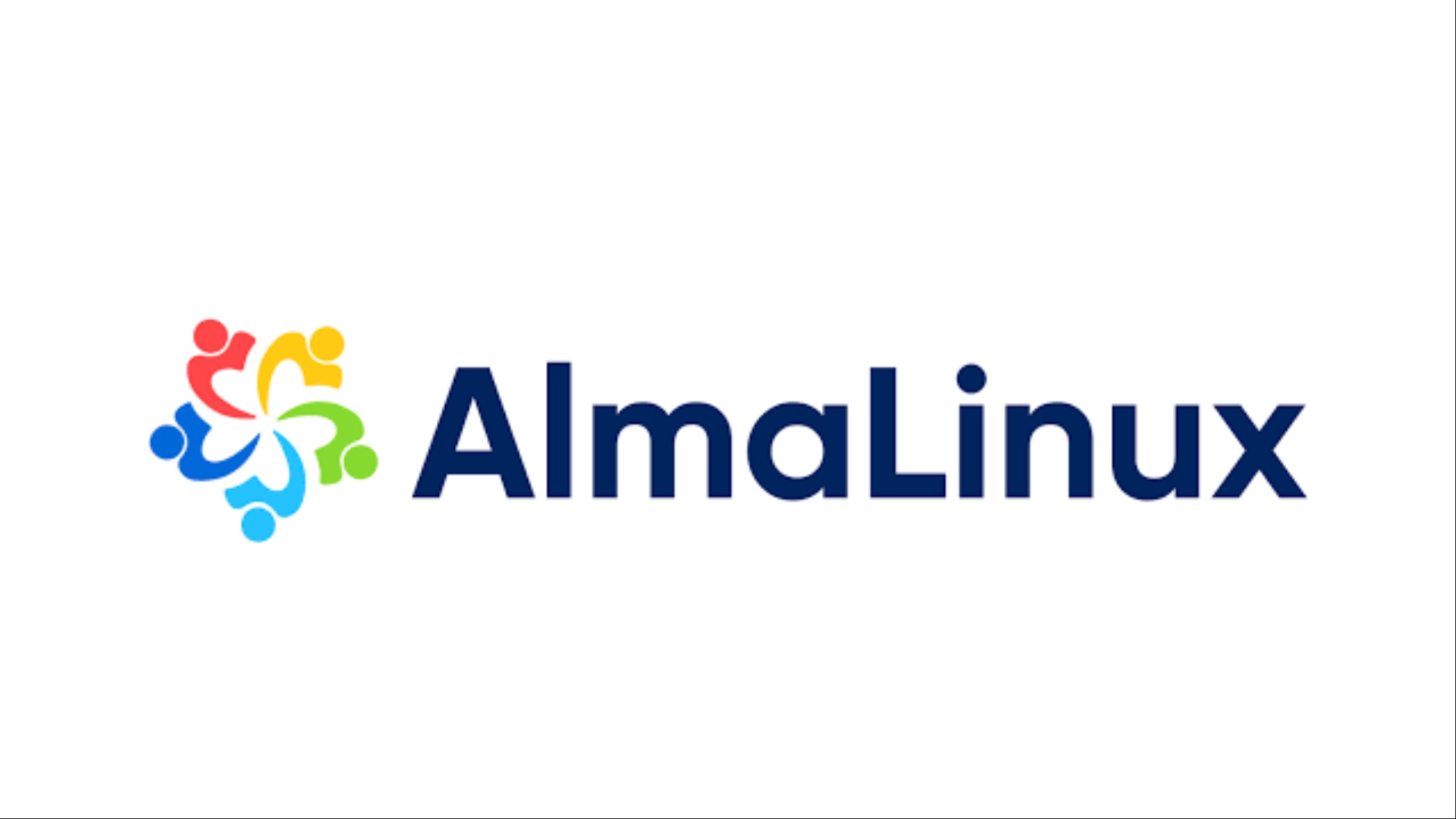
Rather similar to CentOS, AlmaLinux is a community-focused software with regular updates and high stability. It may suffer from outdated UI, but it compensates with great support and frequent updates. It was created by the Cloud Linux team, who already had a great deal of experience in refining the OS.
System Requirements
- 1.1GHZ CPU
- 1GB RAM
- 20GB HDD
- Internet access
7. SteamOS
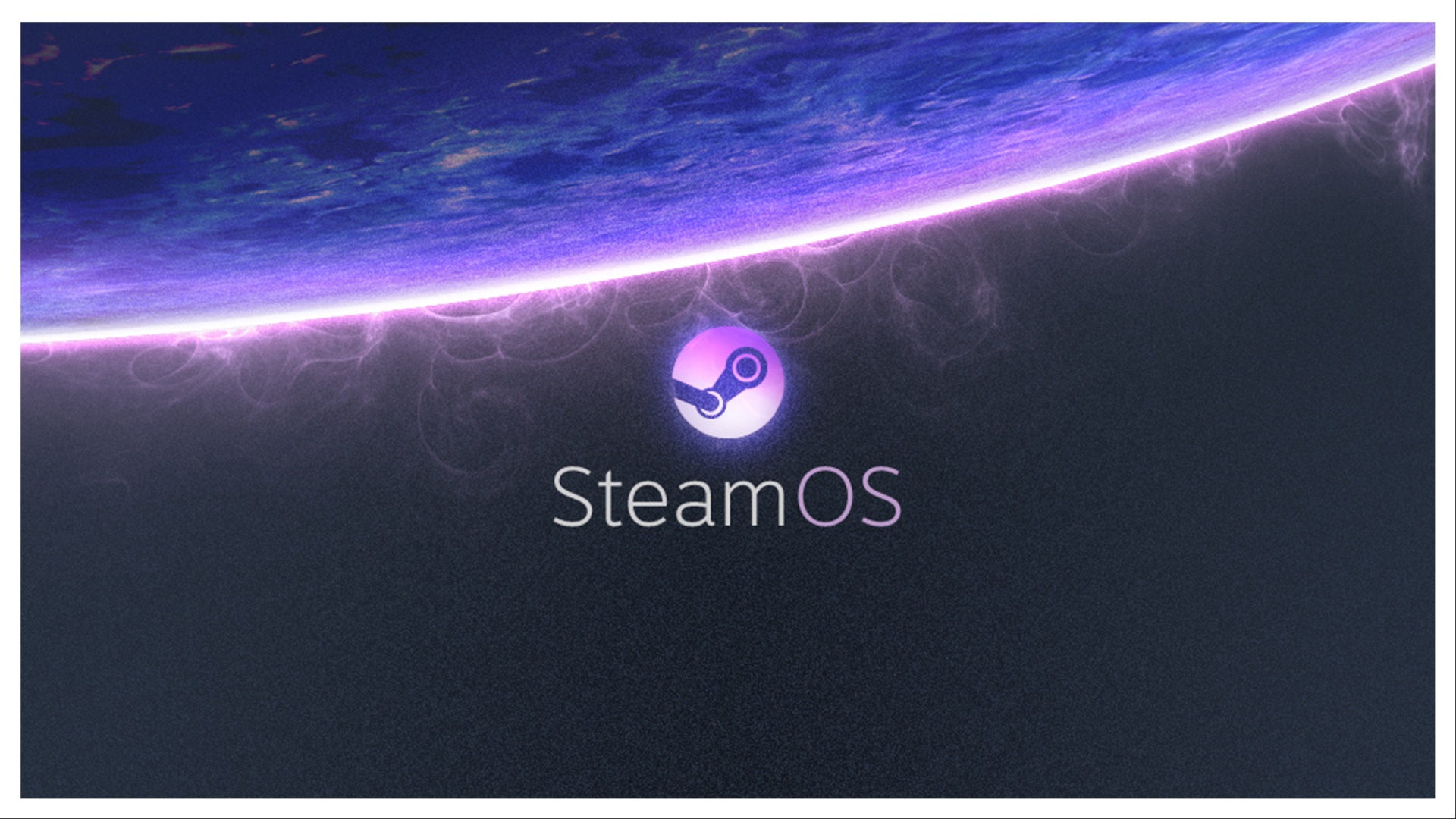
Originally built as a client for video game streaming, SteamOS has extended its support to many different platforms. This OS supports game streaming and local play and is very customizable. It is based on the Linux platform and gives you full control of the system, allowing you to install new content and software as you want.
System Requirements
- 64-bit Intel or AMD CPU
- 4GB RAM
- 250GB HDD
- USB Port
Looking For More?
Thank you for reading the article. We provide the latest news and create guides for Baldur’s Gate 3, Starfield, ARK Survival Ascended, and more. Also, watch Deltia play games on Twitch or visit his YouTube channel!
 Reddit
Reddit
 Email
Email


